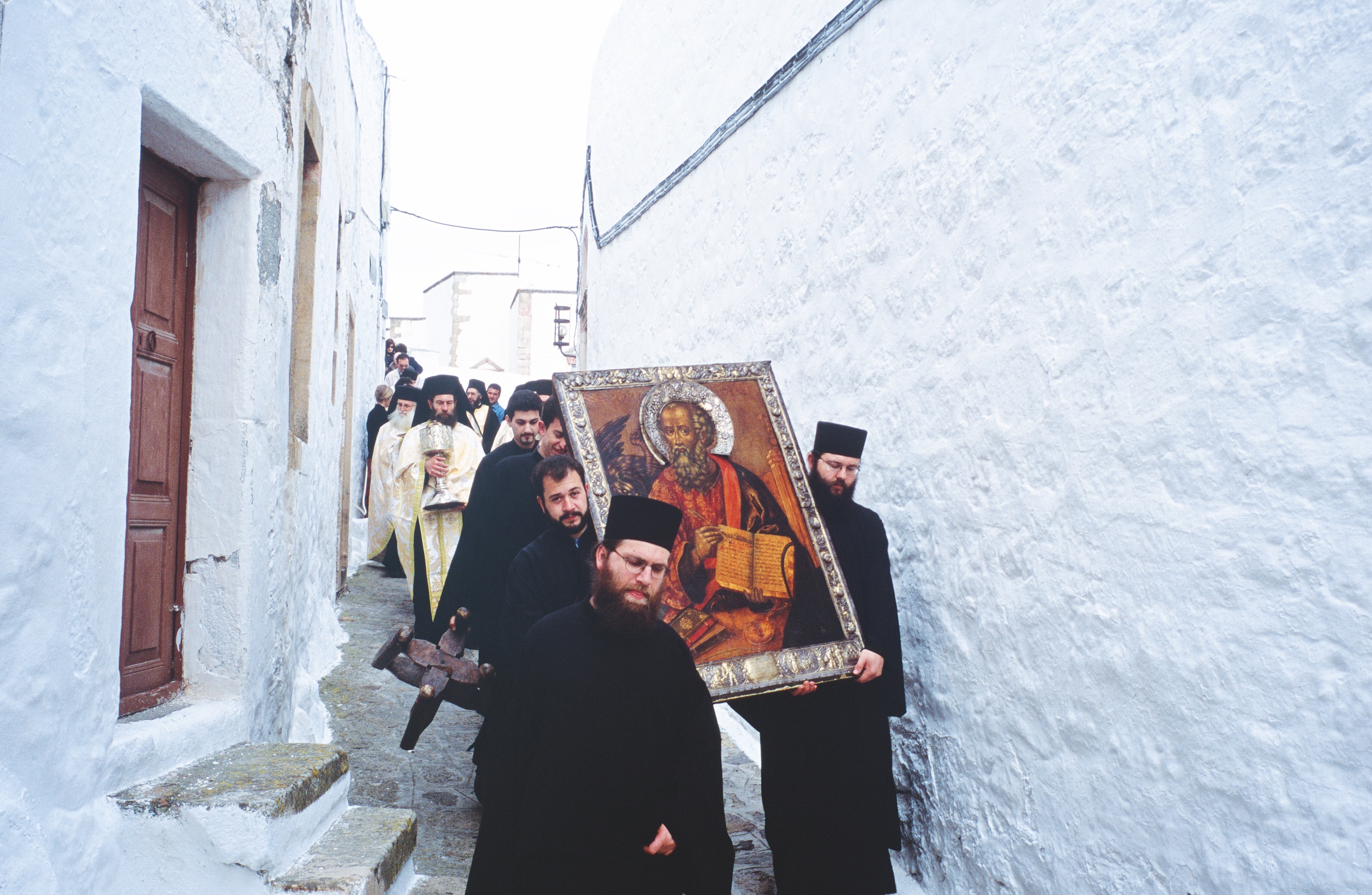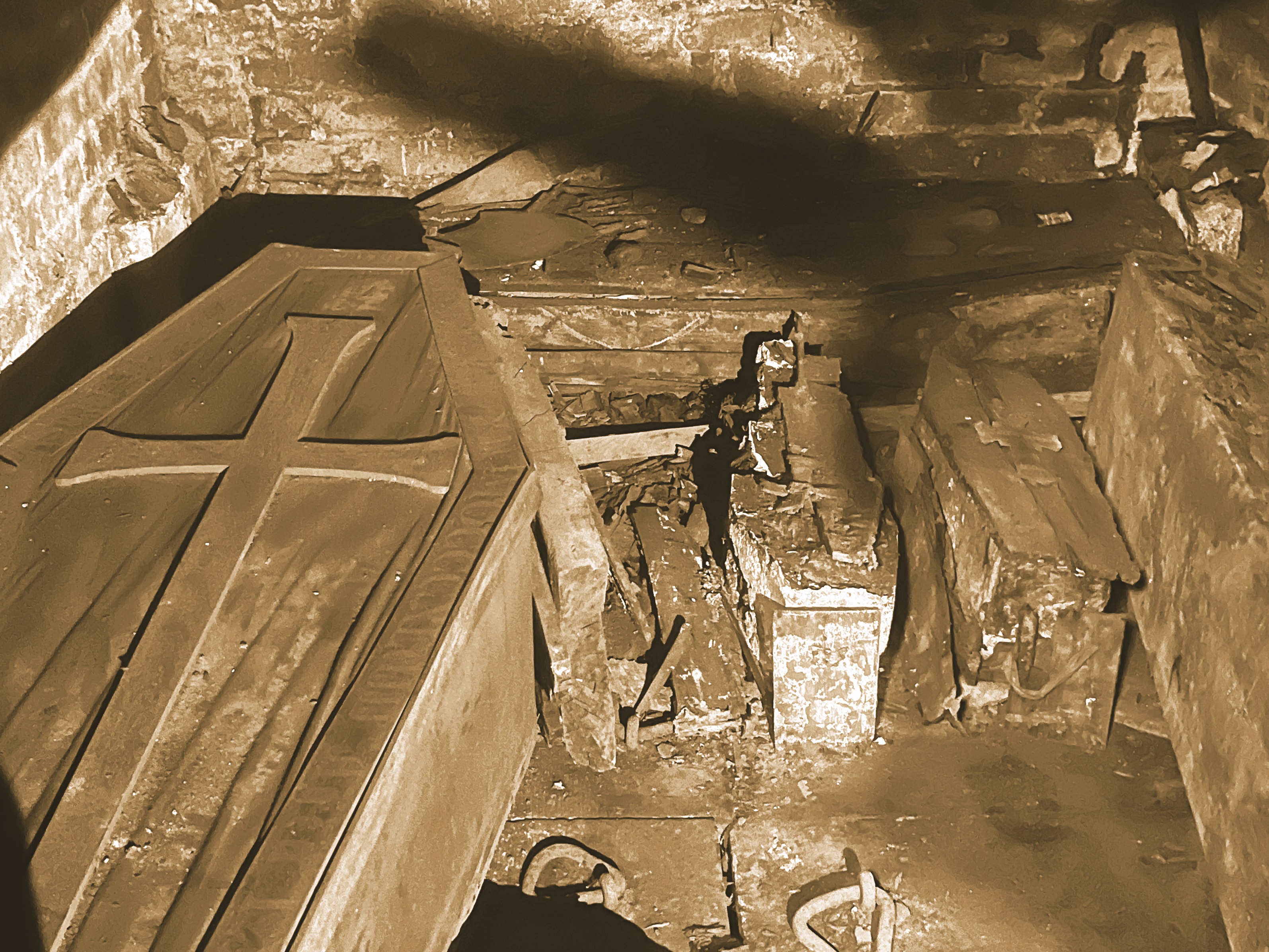For two millenia, the last book of the Bible has fascinated and intrigued theologians, artists, musicians, and conspiracy theorists. The striking imagery in this tale of two cities, Babylon and Jerusalem, has provided fuel for the imagination of painters from Brueghel to Blake to Kandinsky, of composers from Handel to Messiaen. The Church’s relationship with the book of Revelation has been complex. It was a late addition to the canon of the New Testament and does not appear in some early lists of the books of the Christian Bible. Martin Luther said it was neither apostolic nor prophetic, and he could not find Christ in it. Lectionary compilers have been reticent to include too much of it, but there are also those who see in it a roadmap for the world we live in and the end that is to come.
18 April 2024, The Tablet
Patmos: where the end of the world began
It has the perfect blue skies and white-painted houses of a typical Greek island but is also where one of the strangest sacred books was written.

St John’s icon is paraded during Holy Week in Patmos.
Alamy / Nigel Howard
Get Instant Access
Continue Reading
Register for free to read this article in full
Subscribe for unlimited access
From just £30 quarterly
Complete access to all Tablet website content including all premium content.
The full weekly edition in print and digital including our 179 years archive.
PDF version to view on iPad, iPhone or computer.
Already a subscriber? Login


